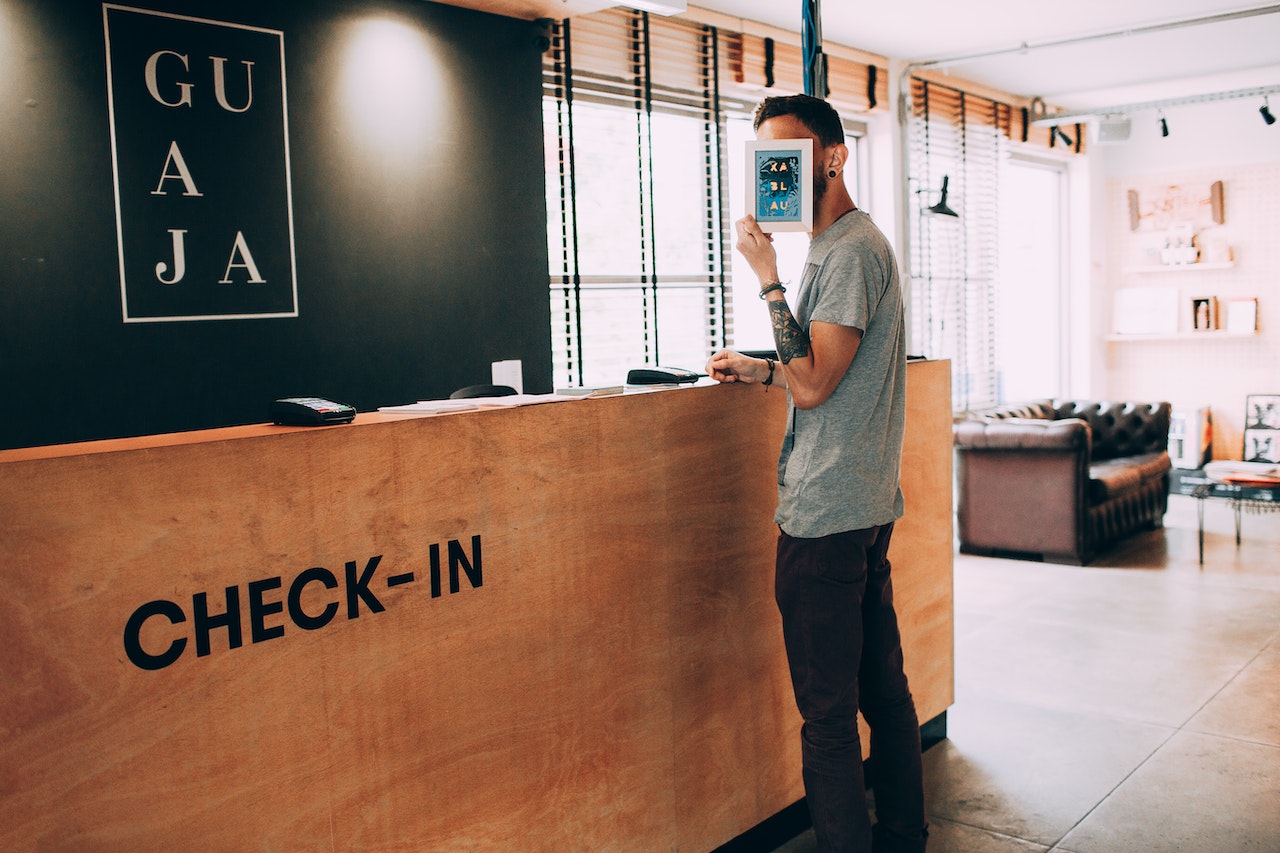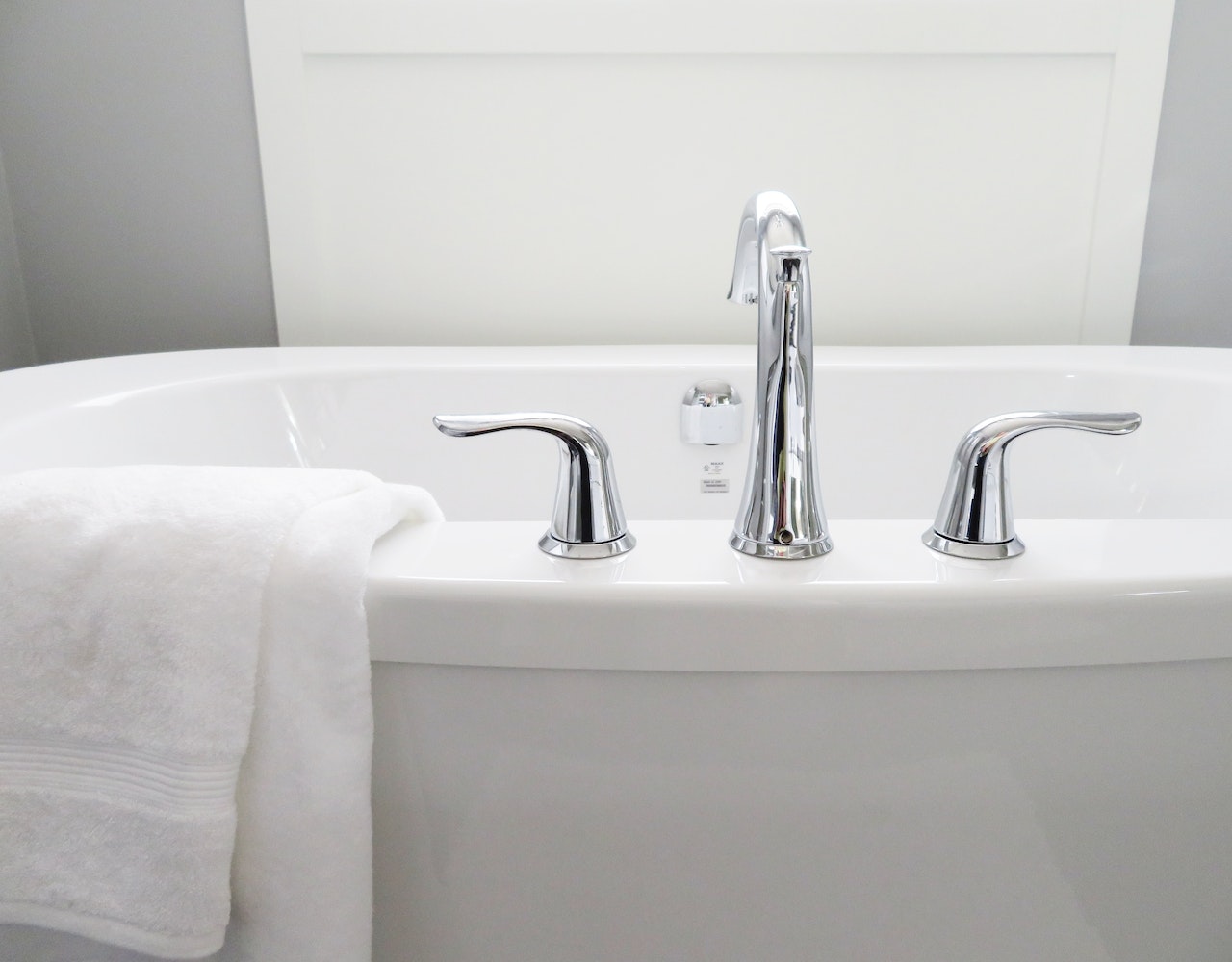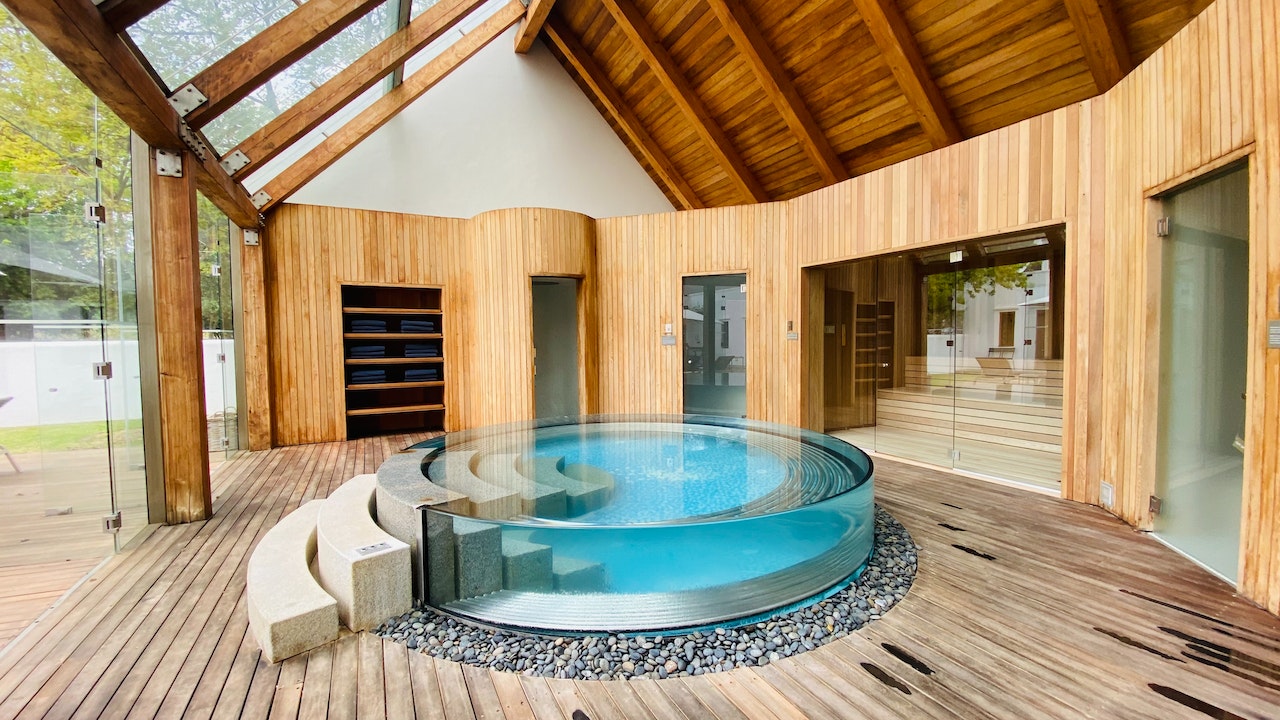As a property manager, finding the perfect tenant for your property is paramount.
This elusive ideal tenant pays rent on time, takes care of your property as if it were their own, and contributes to a positive living environment. However, locating such a tenant can seem like finding a needle in a haystack, but it doesn’t have to be that way.
This article presents a comprehensive tenant screening checklist to aid property managers and landlords in their quest to find the best tenants.
Understanding the Importance of Tenant Screening:
Tenant screening is a critical step in the leasing process that enables landlords to verify a potential tenant’s financial stability, rental history, and overall reliability. A thorough screening process reduces the risk of non-payment, unauthorized tenants, property damage, and potential legal issues that may arise due to tenant misconduct. Furthermore, it ensures that the property management business operates efficiently and profitably.
Comprehensive Tenant Screening Checklist:
To ensure a thorough tenant screening process, the following steps are recommended:

The ultimate tenant screening checklist is a tool for handling Airbnb evictions smoothly.
Pre-screening Inquiries:
Begin the process by assessing the applicant’s preliminary suitability. This may involve asking about their intended move-in date, reasons for moving, pets, smoking habits, and expected length of stay.
Tenant Application Screening: A Vital Component of the Process
The tenant application screening is the core foundation of the entire tenant screening process. While some of the points mentioned above hint at the vital components of this phase, it’s essential to delve deeper into the details to fully comprehend the significance of tenant application screening.
The Application Form:
The application form is the tenant’s introduction to you. It should be designed to collect all essential information, such as personal details, professional status, previous renting history, and references. Clarity and comprehensiveness are key, and it should comply with all relevant legal regulations.
Verification of Information:
All the information provided in the application form must be verified for accuracy. This includes calling previous landlords, verifying employment, and checking personal references. Any discrepancies could be red flags and need to be further investigated.
Discrimination Compliance:
It’s essential to ensure that the tenant application screening process adheres to the Fair Housing Act and other relevant laws. Discrimination based on race, religion, gender, familial status, disability, or nationality is not only unethical but also illegal. Every applicant must be judged solely on their qualifications as potential tenants.
Application Fees:
Often, there are costs associated with the screening process, such as credit checks. Clearly communicate any application fees upfront, and make sure they comply with local laws. These fees typically cover the administrative costs involved in processing the application.
Communication and Transparency:
Keep the lines of communication open. The applicant should know where they stand in the application process, what is expected of them, and the criteria on which they will be judged. This transparency builds trust and can help attract responsible tenants.
Decision Making:
Once all information is collected and verified, it’s time to make a decision. This must be a balanced judgment based on facts and insights gained through the application process. If the application is denied, providing a clear reason (where required by law) is considered best practice.
Use of Technology:
Tools like Autohost can significantly streamline the tenant application screening process. By integrating AI-driven insights and automation, the process becomes more efficient, accurate, and less prone to human error.
The tenant application screening process is not just a formality; it’s a vital phase in securing the ideal tenant. A well-structured application, coupled with a thorough screening process, not only protects the property but also ensures a harmonious landlord-tenant relationship. By following these guidelines and leveraging technological solutions, property managers can simplify this crucial task, making the quest for the perfect tenant less daunting and more achievable.
Credit Check:
This helps assess the tenant’s financial reliability. Look for any history of late payments, bankruptcy, or other financial red flags.
Employment Verification:
It’s essential to verify a potential tenant’s income source and employment stability to ensure they can afford the rent.
Reference Check:
Previous landlords and employers can provide valuable insights into a tenant’s reliability and behavior.
Background & Criminal Check:
This helps identify any potential security risks. An ideal tenant will have no criminal history and a clean background check.
Lease Agreement:
Once a tenant has passed all checks, the final step is to draw up a legally binding lease agreement. This document should outline all the terms and conditions of the tenancy.
While this checklist provides a comprehensive guide to securing perfect tenants, it can be labor-intensive, time-consuming, and prone to human errors.
Tenant screening API:
In the ever-evolving landscape of property management, integrating a Tenant Screening API (Application Programming Interface) has become a groundbreaking advancement. By bridging various software applications, a Tenant Screening API enables property managers to access, analyze, and leverage vital tenant information with ease and accuracy.

It connects various databases, credit reporting agencies, and screening tools, providing a seamless and automated approach to evaluate potential tenants. As it can be customized to fit specific requirements and compliance laws, this technological tool significantly accelerates the screening process while maintaining the integrity and thoroughness essential for securing the ideal tenant. Whether used independently or coupled with solutions like Autohost, a Tenant Screening API is a must-have for modern, tech-savvy property managers looking to optimize their tenant selection process.
What qualities do you look for in a tenant?
When it comes to selecting a tenant for your rental property, there are certain qualities and attributes that you should look for to ensure a successful and hassle-free tenancy. The screening process plays a crucial role in finding the right tenant, and having a clear checklist of qualities can help you make an informed decision. Here are some important qualities to consider when evaluating potential tenants:
Financial Stability:
One of the most crucial factors to consider is the tenant’s financial stability. A reliable tenant should have a consistent and verifiable source of income that demonstrates their ability to pay rent on time. A good indicator is a tenant whose monthly income is at least three times the rental amount.
Rental History:
A tenant’s rental history provides valuable insights into their past behavior as a tenant. Look for tenants who have a track record of paying rent promptly, taking care of the property, and maintaining good relationships with previous landlords. Contacting their previous landlords can provide you with valuable information about their renting habits.
Credit Score:
A credit check can help assess a tenant’s financial responsibility and their ability to manage their finances. While a less-than-perfect credit score doesn’t necessarily disqualify a tenant, it’s important to consider their overall financial situation and any extenuating circumstances that may have affected their credit history.
Responsible & Reliable:
A responsible tenant will treat your property with care and respect. Look for signs of reliability, such as consistently showing up on time for appointments, promptly returning phone calls or emails, and providing thorough and accurate information on their rental application.
Clean Background:
Conducting a background check can provide important information about a tenant’s criminal history, including any prior convictions or records of eviction. While a minor offense in the past may not necessarily be a deal-breaker, serious criminal offenses or a history of eviction may raise concerns.
Communication Skills:
Effective communication is crucial for a smooth landlord-tenant relationship. Look for tenants who are responsive, respectful, and demonstrate clear and open communication throughout the application process. This can be an indicator of how they will communicate and address any concerns or issues during their tenancy.
Compatibility with the Property:
Consider whether the tenant’s lifestyle and needs align with your property. For example, if you have a no-pets policy, ensure that the tenant does not have any pets or has a good track record of responsible pet ownership. Assessing compatibility can help minimize potential conflicts and ensure a good fit for both parties.
Long-term Stability:
Ideally, you want a tenant who is likely to stay for a longer duration, reducing turnover and vacancy rates. Look for signs of stability, such as a steady job history, a desire for a long-term lease, or a commitment to the local community.
It’s important to remember that these qualities should be used as guidelines, and you should comply with local laws and regulations regarding tenant screening. Developing a comprehensive tenant screening checklist based on these qualities will help you find responsible and reliable tenants, promoting a positive rental experience for both parties involved.
The Transformative Power of Autohost:
Autohost brings a cutting-edge, AI-powered solution to the short term rental guest screening process. It offers a comprehensive, streamlined, and efficient way to filter prospective guests, saving property managers time, effort, and ensuring more accurate results. Autohost’s system is trained to extract crucial data from applications, perform thorough checks, and provide an objective assessment of each potential tenant.
Automation for Efficiency:
Manually checking applications, verifying references, and conducting credit checks can be tedious and time-consuming. Autohost automates these steps, offering an efficient and streamlined process that allows the hosts to focus more on managing their properties and less on administrative duties.
AI Driven Risk Assesment:
Autohost’s AI technology excels at analyzing patterns and anomalies. It goes beyond basic credit checks and employment verification to provide a comprehensive risk assessment. The system considers various factors, including the applicant’s online behavior and digital footprint, offering a more holistic view of the potential tenant.
The software seamlessly integrates with various property management platforms, making it an indispensable tool for property managers. It enables faster decisions with its efficient screening process, thus minimizing vacancies and maximizing income.
 Implementing contactless check-in in your property management strategy offers an array of advantages:
Enhanced Guest Convenience: It significantly cuts down the time guests have to spend in queues, allowing them to enjoy their stay right from the moment they step into the property.
Increased Efficiency: This system frees up the staff from the front desk duties, enabling them to focus on other essential aspects of guest experience, thereby increasing operational efficiency.
Promotes Health and Safety: In a post-pandemic world, health safety has become a priority. Contactless check-in eliminates the need for physical interaction, making it a safer alternative for guests and staff alike.
Speculating on the future of the hospitality industry naturally leads to innovative tech for vacation rentals.
Implementing contactless check-in in your property management strategy offers an array of advantages:
Enhanced Guest Convenience: It significantly cuts down the time guests have to spend in queues, allowing them to enjoy their stay right from the moment they step into the property.
Increased Efficiency: This system frees up the staff from the front desk duties, enabling them to focus on other essential aspects of guest experience, thereby increasing operational efficiency.
Promotes Health and Safety: In a post-pandemic world, health safety has become a priority. Contactless check-in eliminates the need for physical interaction, making it a safer alternative for guests and staff alike.
Speculating on the future of the hospitality industry naturally leads to innovative tech for vacation rentals.
 In terms of security, contactless systems use advanced encryption techniques to ensure data privacy and safety. Furthermore, the use of AI-powered screening tools such as Autohost can add an extra layer of security, helping to identify and prevent potential risks.
Predictions about the future of hospitality technology can be linked to embracing vacation rental innovations.
In terms of security, contactless systems use advanced encryption techniques to ensure data privacy and safety. Furthermore, the use of AI-powered screening tools such as Autohost can add an extra layer of security, helping to identify and prevent potential risks.
Predictions about the future of hospitality technology can be linked to embracing vacation rental innovations.
 Implementing contactless check-in in your property management strategy offers an array of advantages:
Enhanced Guest Convenience: It significantly cuts down the time guests have to spend in queues, allowing them to enjoy their stay right from the moment they step into the property.
Increased Efficiency: This system frees up the staff from the front desk duties, enabling them to focus on other essential aspects of guest experience, thereby increasing operational efficiency.
Promotes Health and Safety: In a post-pandemic world, health safety has become a priority. Contactless check-in eliminates the need for physical interaction, making it a safer alternative for guests and staff alike.
Speculating on the future of the hospitality industry naturally leads to innovative tech for vacation rentals.
Implementing contactless check-in in your property management strategy offers an array of advantages:
Enhanced Guest Convenience: It significantly cuts down the time guests have to spend in queues, allowing them to enjoy their stay right from the moment they step into the property.
Increased Efficiency: This system frees up the staff from the front desk duties, enabling them to focus on other essential aspects of guest experience, thereby increasing operational efficiency.
Promotes Health and Safety: In a post-pandemic world, health safety has become a priority. Contactless check-in eliminates the need for physical interaction, making it a safer alternative for guests and staff alike.
Speculating on the future of the hospitality industry naturally leads to innovative tech for vacation rentals.
 In terms of security, contactless systems use advanced encryption techniques to ensure data privacy and safety. Furthermore, the use of AI-powered screening tools such as Autohost can add an extra layer of security, helping to identify and prevent potential risks.
Predictions about the future of hospitality technology can be linked to embracing vacation rental innovations.
In terms of security, contactless systems use advanced encryption techniques to ensure data privacy and safety. Furthermore, the use of AI-powered screening tools such as Autohost can add an extra layer of security, helping to identify and prevent potential risks.
Predictions about the future of hospitality technology can be linked to embracing vacation rental innovations.































